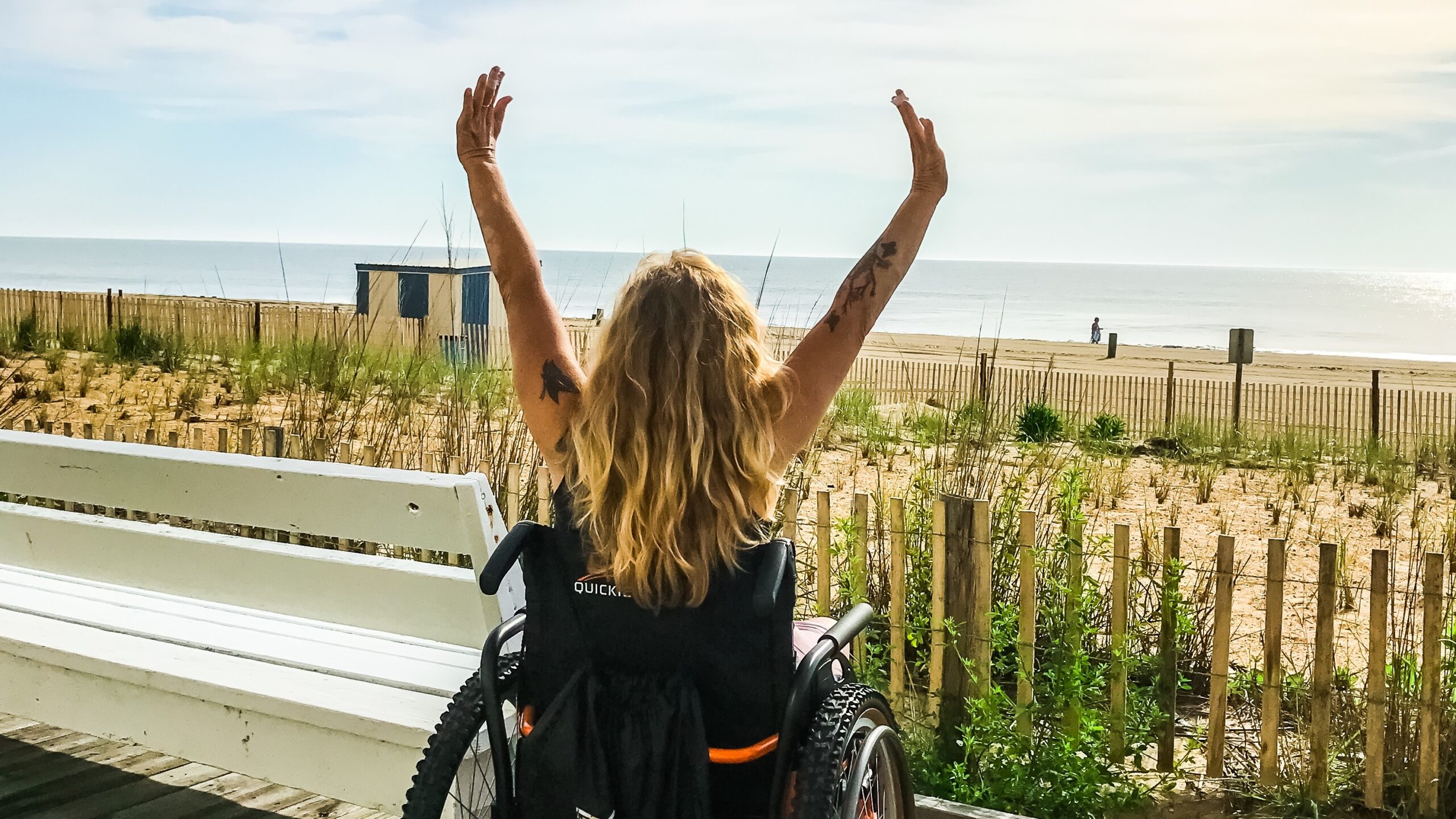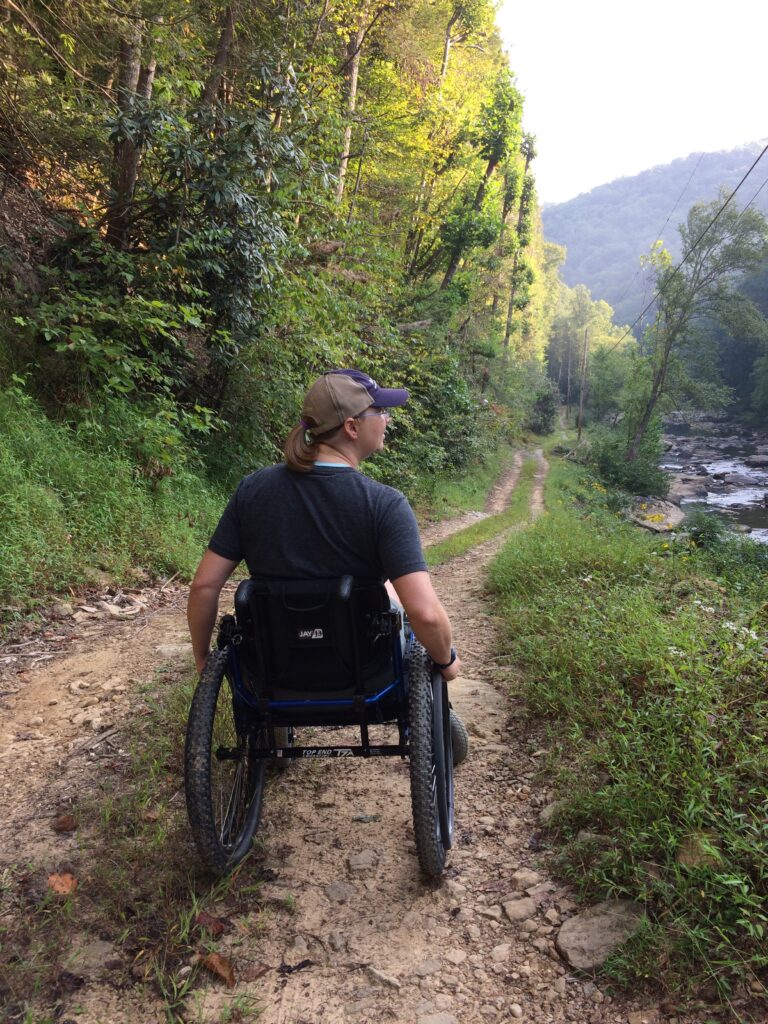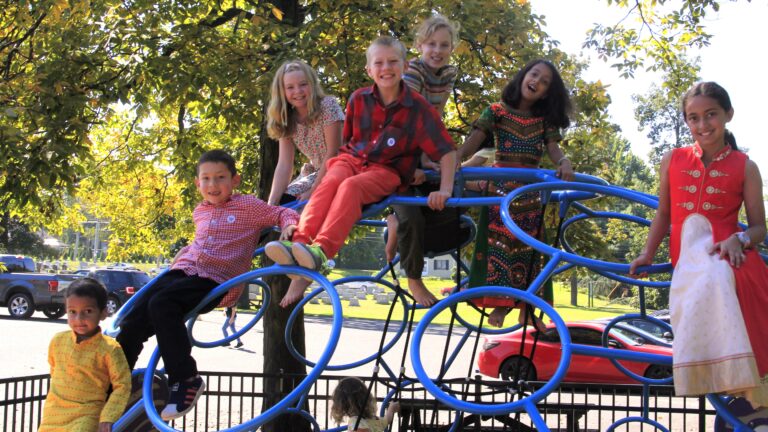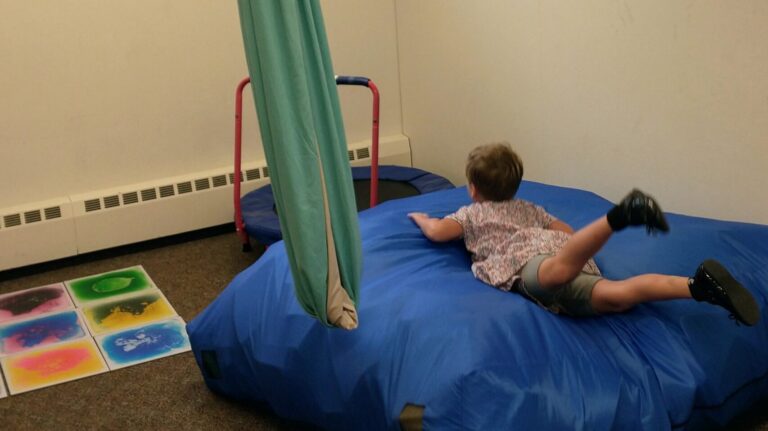Lessons Learned
Editor’s Note:
The opinions expressed in guest contributions to Opening Doors are those of the author and may not reflect the official theology or opinions of Anabaptist Disabilities Network.
For the last 16 years, I have been carried through my struggles, loneliness, and anxiousness because of my reverence for God, whom I ask to eliminate anything in my life that prevents me from serving him today. I know that, regardless of what I’ve gone through, God is always preparing me for my next challenge and provides what I need when I need it. My journey began when someone asked me if I had a drinking problem. I knew I needed some form of support, so I went to Alcoholics Anonymous (AA), where I quit drinking without a problem and found an answer to my physical ailments—I had a tumor in my right temporal lobe that caused seizures. For years, I had been in and out of psychiatric hospitals, struggling with physical symptoms that were mistaken for mental illness.
AA also helped me get the God thing straightened out. I grew up believing God was a punishing God. I was angry at God because I was diagnosed with scoliosis at age 12 and had to wear a Milwaukee brace. While I knew my parents loved me, their divorce and my misdiagnosis with a panic disorder from age 13 to 19 only further solidified the idea of God being a punisher.
After the tumor was removed, I had one seizure a year, and one of them caused a spinal cord injury. I was instantly paralyzed from the waist down and when I came off the ventilator, the only thing I could move was my eyes. I was told I would never use my hands or walk, but I never gave up trying to send messages to my limbs with my brain. Eventually, I regained use of my arms and hands, but I wasn’t as strong as I once was. I taught myself how to walk with braces and a walker, but because of my paralysis, my arms and shoulders took a beating. In 2022, I entered another stage of disability when I needed rotator cuff surgery.
During the time of healing after the surgery, my church family was there for me, making sure I had meals because I could not cook. I was originally drawn to Stahl Mennonite Church (Johnstown, Pennsylvania) because they made room for people like me by taking out a pew and designating it for people with disabilities. After attending churches where I had to sit in the aisle or in the back of the sanctuary, Stahl Mennonite’s actions helped me feel like I belonged. I no longer felt apart from, but a part of something bigger than myself. The care my community showed during and after my surgery enforced that feeling of belonging.
Despite the challenges of the past sixteen years, I never lost my faith. God has been with me every step of the way, even during my darkest moments. I believe that the key to my continued healing is that I keep trying to do everything I did before my injury, no matter how difficult it is, how funny I look, or how uncomfortable I make others feel. While I’m still paralyzed from the chest down and the healing has slowed, it never stops! Today, I continue to grow spiritually and am currently working on turning my experiences into a second book to help others on their journeys.
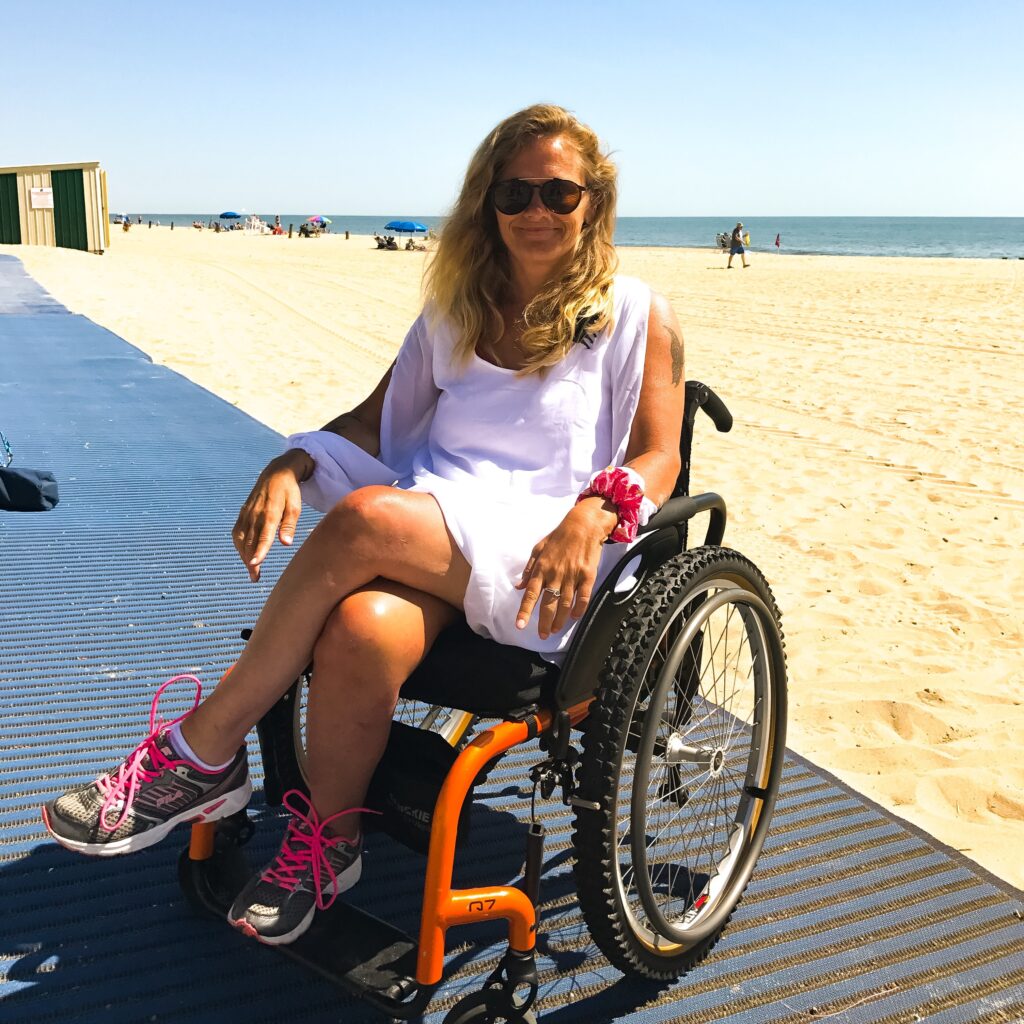
Shelly Kerchner
Shelly Kerchner is a writer and published author of Standing Tall & the Healing Power of Gratitude (CreateSpace Independent Publishing Platform, 2017), and an advocate for people with disabilities. She resides in Johnstown, Pennsylvania, with her partner Tracy and attends Stahl Mennonite Church. Currently serving as the program manager for Open Waters for All, Shelly and her team aim to create expanded opportunities for water recreation on the region’s lakes and rivers, with a special focus on making these resources inclusive and accessible to all. Their first project is the installation of an adaptive kayak launch at a local dam, which they hope to have fully funded and installed by this summer. Shelly is also enrolled in a 200-hour adaptive yoga teacher training program and will be certified to teach adaptive yoga to underserved communities in August.


